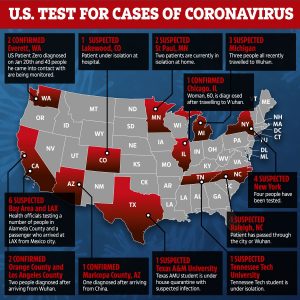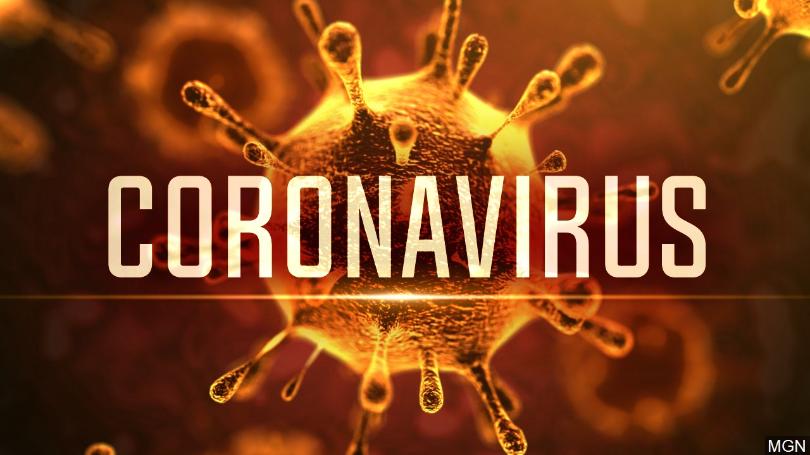Coronavirus, an Outbreak
A new virus is expanding throughout the world, can it be stopped?
There have been many deadly viruses around the world. Some include the Ebola virus, a virus that causes body aches, fever, diarrhea and possible bleeding throughout the body, Marburg, the virus that causes hemorrhagic fever, the Hantavirus, a virus carried by rodents that can cause Pulmonary Syndrome, and many more.
These viruses are possibly transmitted by rodents or person-to-person. Viruses are microscopic organisms that exist almost everywhere on Earth. Viruses can have different effects on different animals.
The changes these diseases caused the world were drastic. Ebola caused setbacks on the treatments of other diseases such as HIV, tuberculosis and malaria.
There is actually a new virus around the globe. The Coronavirus (2019-nCoV) started in December of 2019. This virus is spreading throughout the world fairly quickly.
The 2019n-CoV started in a small town in China, Wuhan, Hubei Province. The Coronaviruses started in an animal most likely to be a bat or camel according to the CDC, a center for disease control.

This virus is quite scary because there is no treatment to prevent it, just like there are no vaccines to prevent it either. You won’t know you have the virus unless you’re tested because the virus is very much like influenza (the flu).
Coronavirus causes an infection to your nose, sinuses, and/or upper throat. It causes breathing issues. Especially if your respiratory system isn’t in the best condition. Taking care of yourself would be the best thing to do.

So far, the virus has been confirmed in 25 different countries. As of February 11, 2020, the United States has 13 confirmed cases. Mexico has currently no confirmed cases while Canada has 7 confirmed cases.
To prevent catching the virus, the best thing to do would be to keep your hands clean. Wash your hands frequently. Whenever you cough or sneeze, cover your mouth with a flexed elbow, and avoid being near people who seem to have a fever, a cough, or other respiratory issues. Avoid eating uncooked animals and avoid touching your nose, eyes, and mouth since your hands touch many surfaces.
Just in case you might possibly think that you have the virus, it is recommended to stay away from other people. Going straight to a doctor or hospital wouldn’t be a good idea since you risk spreading it to others.
Remember to wash your hands, keep good hygiene, and avoid contact with people who have a dry cough.






